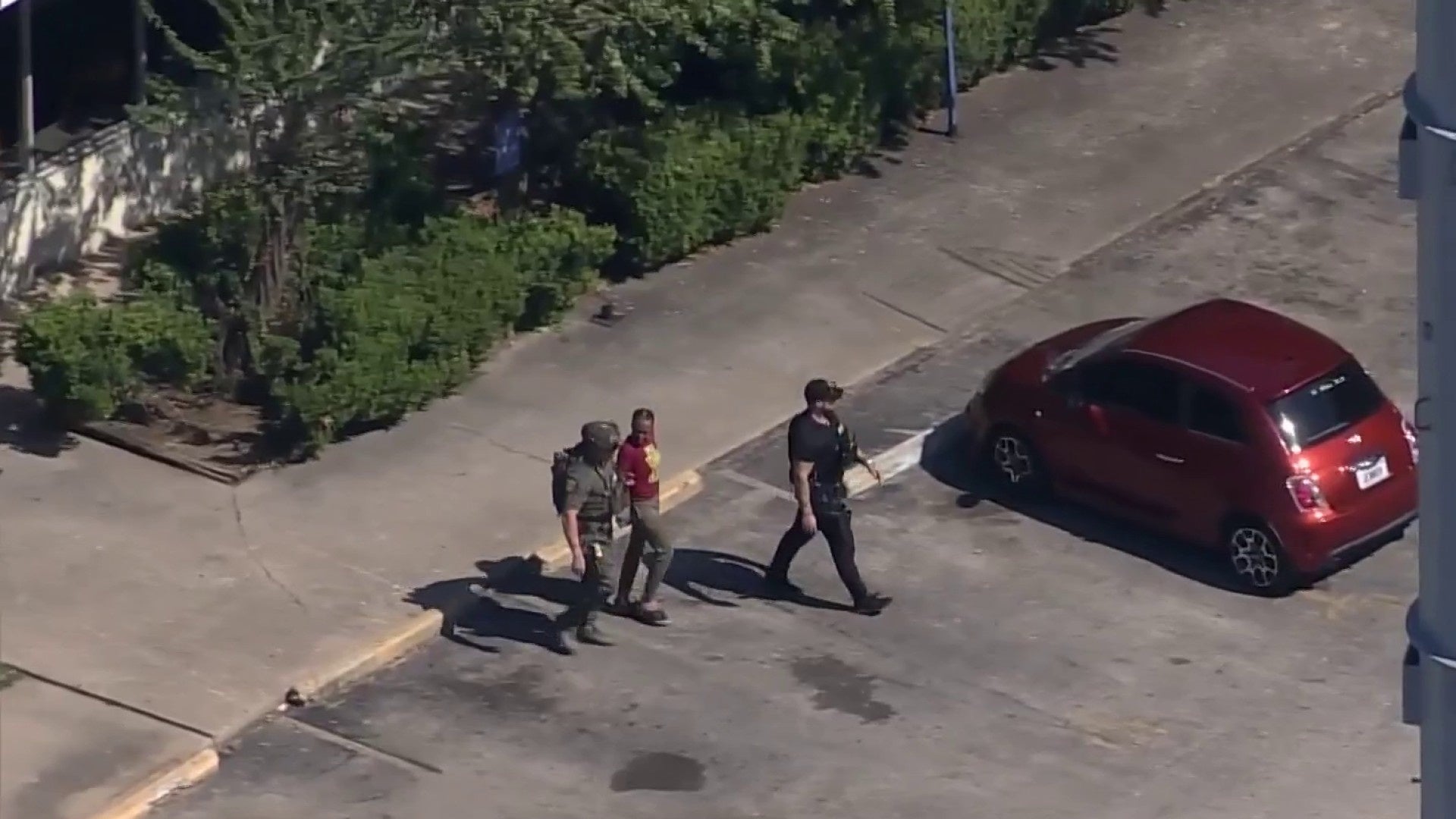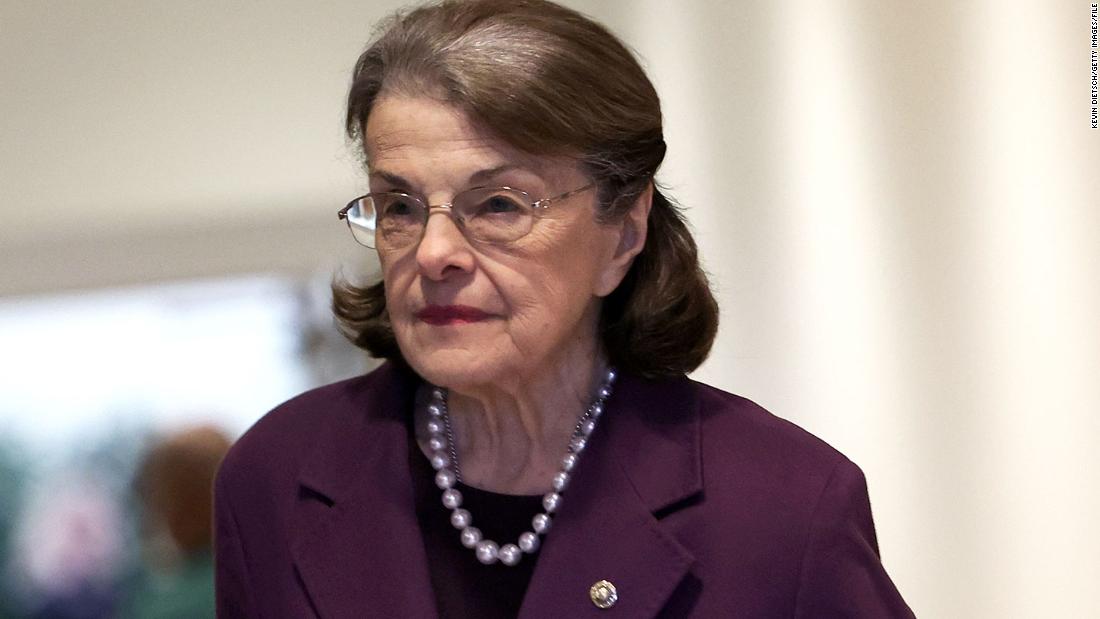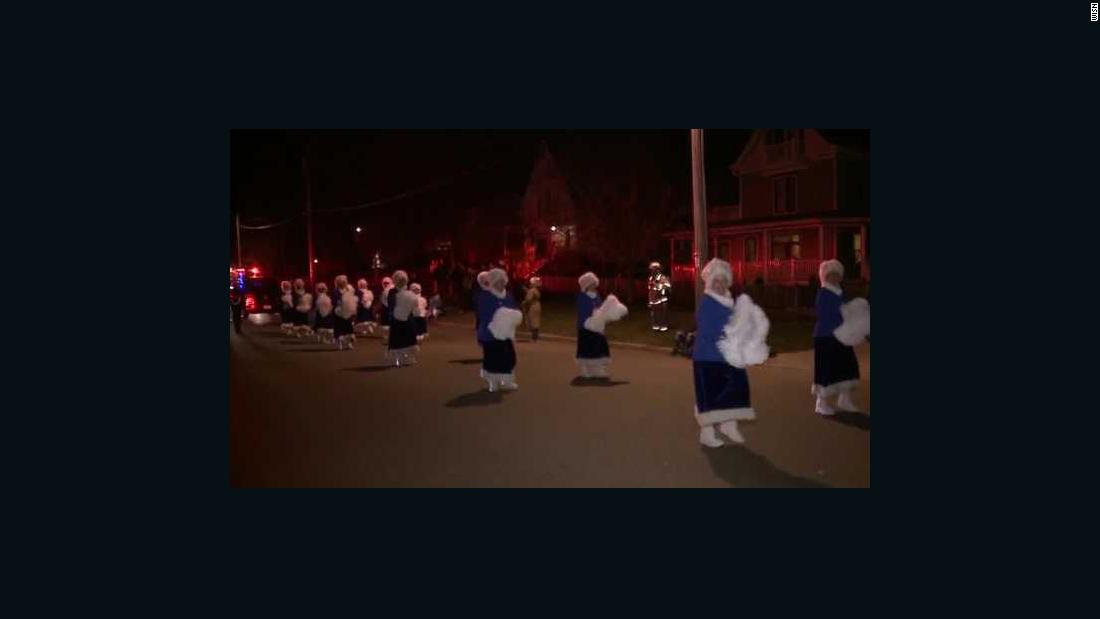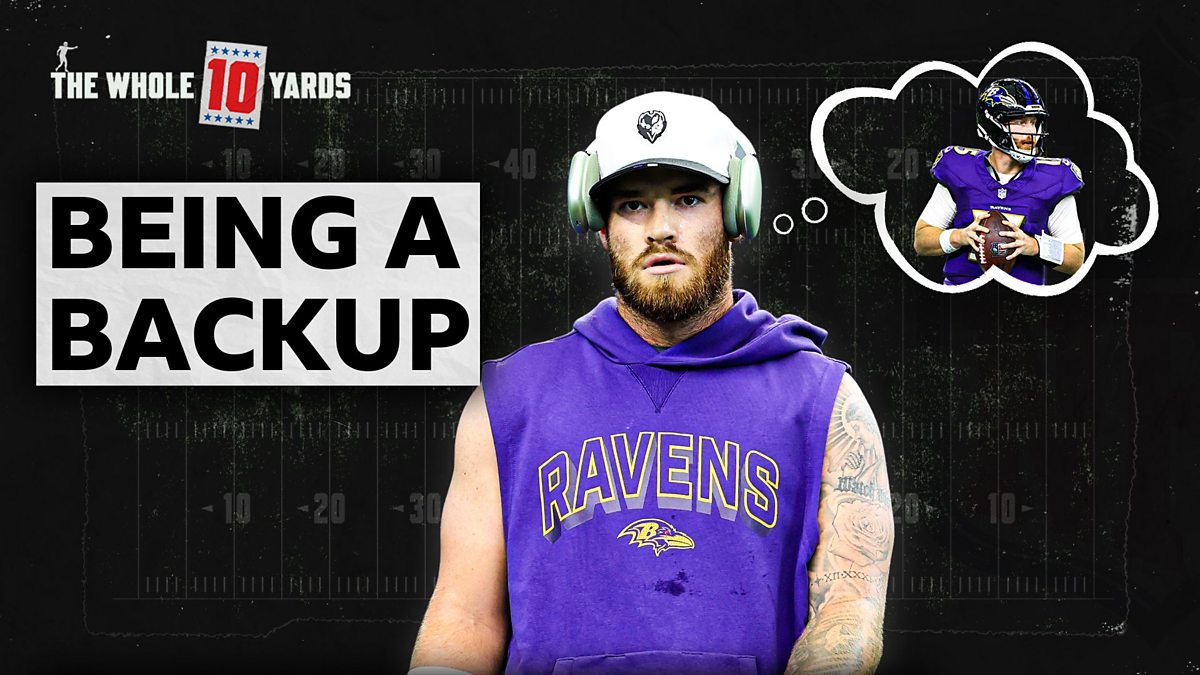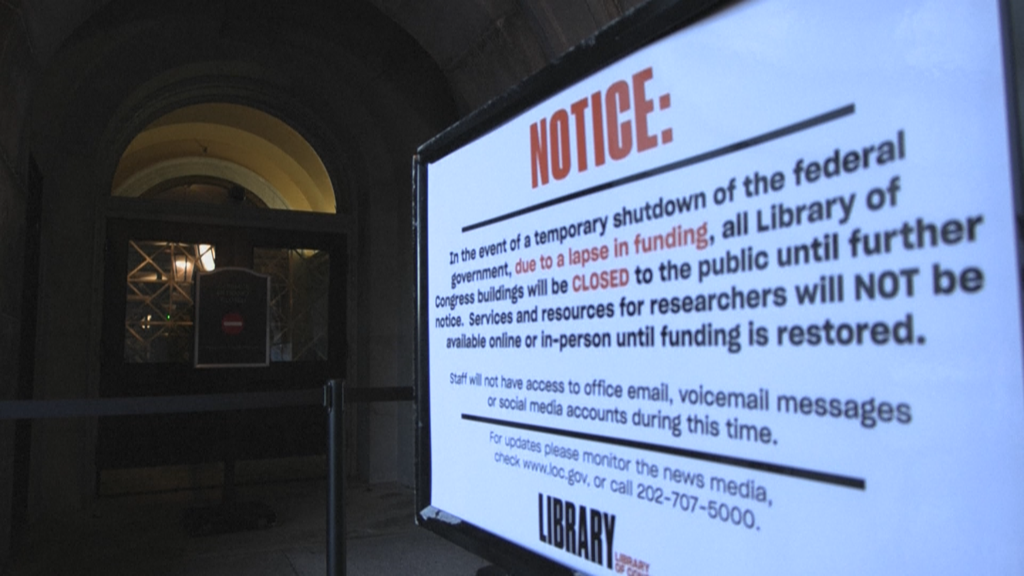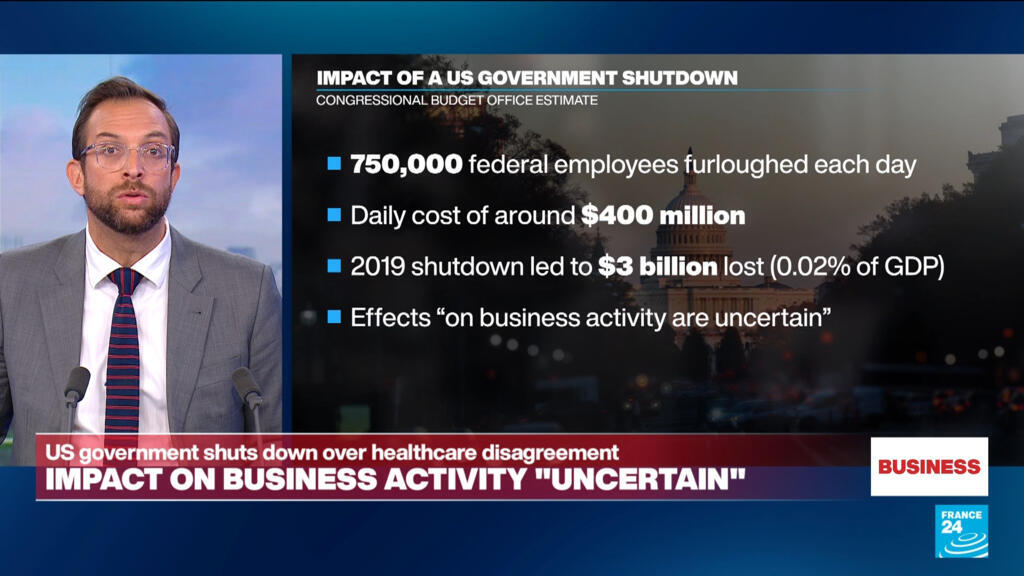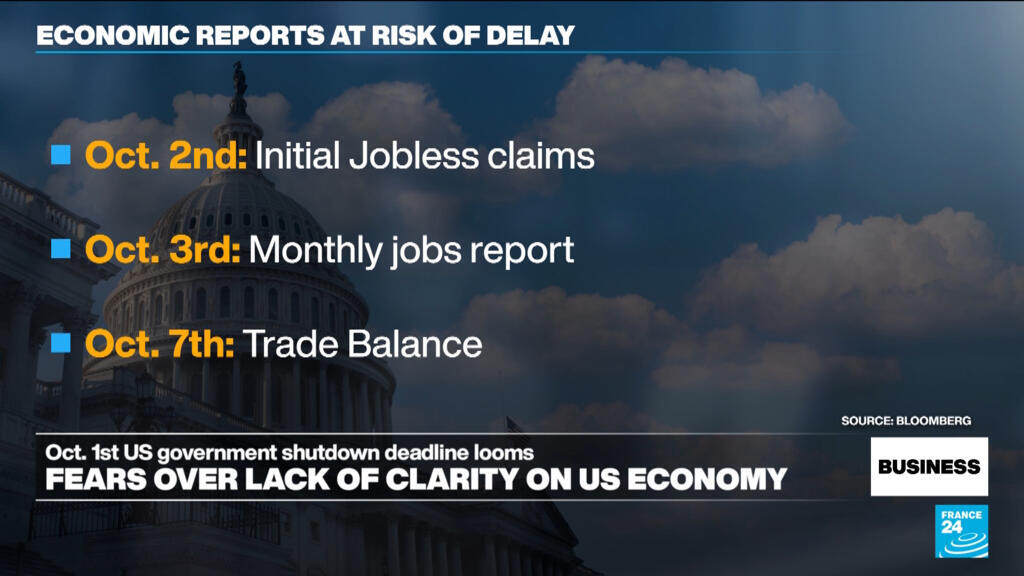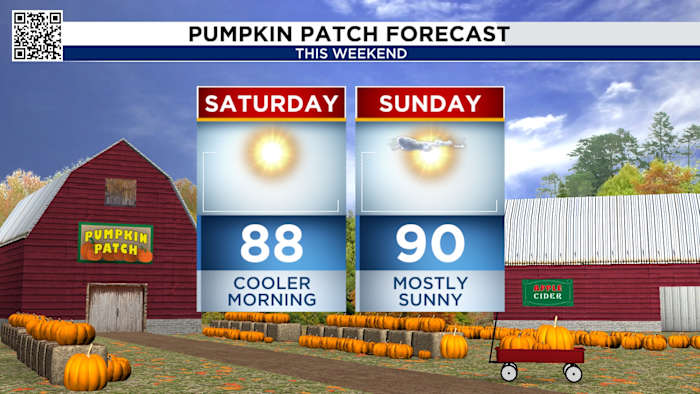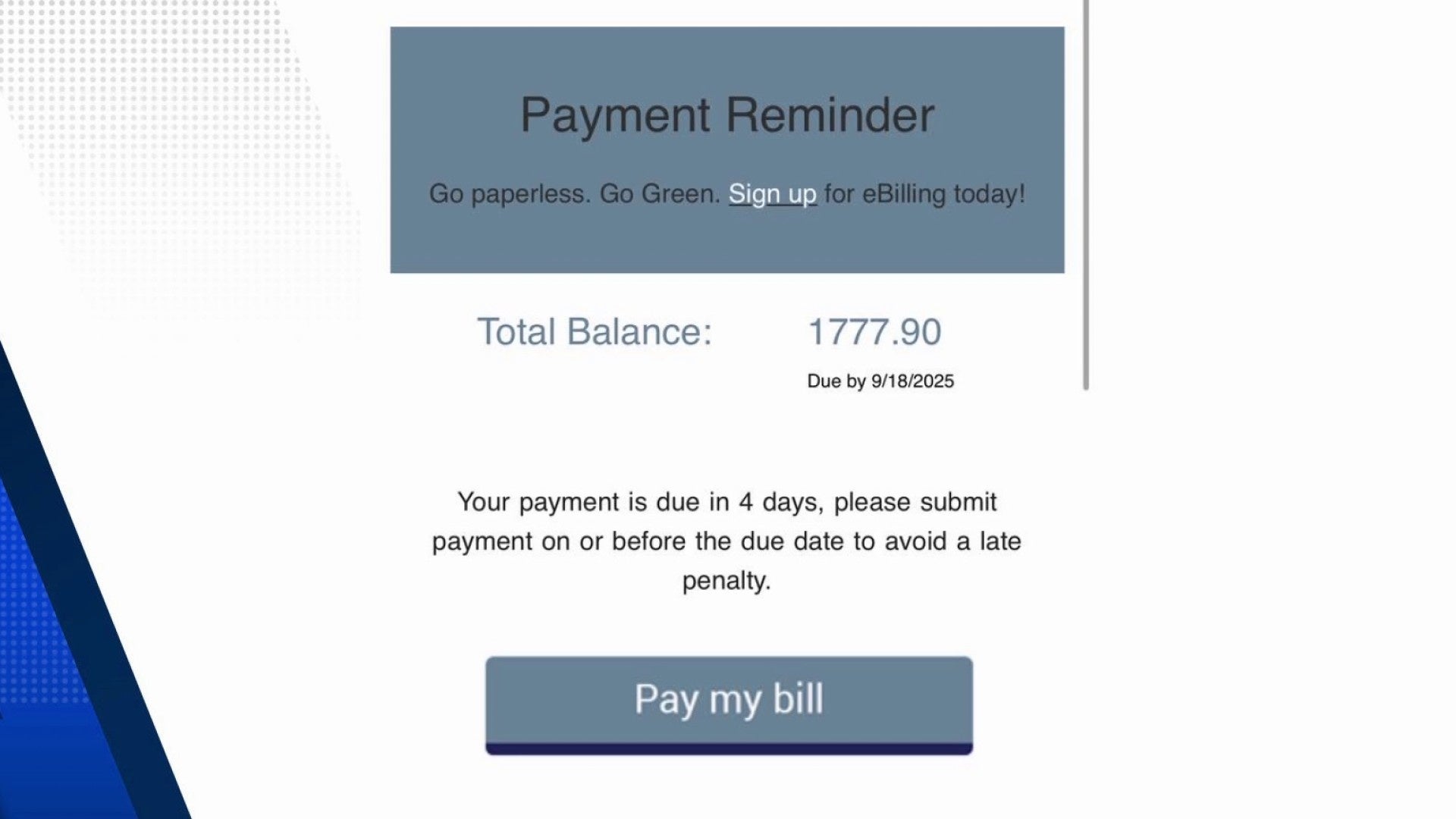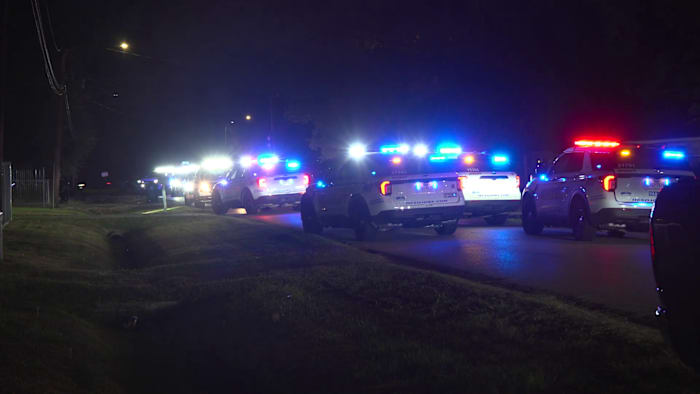SNAP changes coming to Texas November 1: What you need to know
Starting November 1, thousands of Texans who rely on SNAP benefits, also known as Lone Star Cards, could be at risk of losing food assistance under new federal guidelines.

Starting November 1, thousands of Texans who rely on SNAP benefits, also known as Lone Star Cards, could be at risk of losing food assistance under new federal guidelines.
Earlier this year, Congress passed the “One Big Beautiful Bill Act” (OBBBA), a sweeping law that, among other things, reshapes who qualifies for the Supplemental Nutrition Assistance Program (SNAP). The biggest changes center around work requirements for able-bodied adults without dependents, known as ABAWDs.
What’s changing?
Under the current rules, ABAWDs can only receive SNAP benefits for three months within a three-year period unless they are:
- Working at least 20 hours per week
- Enrolled in a job training program
- Or actively looking for work
The new law tightens exemptions to these requirements:
- Age limit increased: The cutoff age for work requirements rises from 59 to 65. That means adults up to 65 years old will now need to meet work-related conditions to continue receiving benefits.
- Parental exemption narrowed: Previously, caring for a child under 18 exempted someone from work requirements. Now, that only applies if the child is under 14, and the adult is the parent or legal guardian.
- Fewer special exemptions: Exemptions for veterans, individuals experiencing homelessness, and young adults who aged out of foster care at 24 or younger have been eliminated.
However, those who are pregnant, or unable to work due to a physical or mental condition, are still exempt. States can also apply for waivers in areas experiencing high unemployment or economic hardship.
Texas to enforce changes
The Texas Health and Human Services Commission (HHSC) confirmed to KPRC 2 that the state will implement the changes outlined in the USDA memo by the November 1 deadline.
This means the nearly one million Texans in our area who currently rely on SNAP may need to take action, whether it’s increasing their work hours, enrolling in a job program, or reapplying under new criteria.
In Fort Bend County alone, around 65,000 people receive SNAP benefits. One of the key local support hubs is Second Mile Mission Center in Missouri City, which serves up to 1,300 families each week through food distributions.
Among them is Carmen Cartier-Prevatte, a SNAP recipient and part-time employee at the center.
“It was already difficult, but now it’s going to be a little more because I’m not in the age to retire,” she said. “The SNAP benefits were helping a lot.”
At 60 years old, she’ll soon need to show proof of work or participate in a qualifying program to keep her benefits. She’s already considering taking on more hours or finding a second job.
“I’m going to have to put in more hours, maybe work a double shift or find another job, to cover all the expenses I have,” Cartier-Prevatte told KPRC 2’s Rilwan Balogun.
As the November 1 deadline approaches, food assistance centers, nonprofit organizations, and state agencies are bracing for increased demand — not just for food, but for help navigating the new rules.
KPRC 2 has reached out to HHSC for more details on how they plan to roll out the changes and what resources may be available for those at risk of losing benefits.
If you or someone you know receives SNAP benefits and may be affected, visit the Texas HHSC website or call 2-1-1 for assistance.



